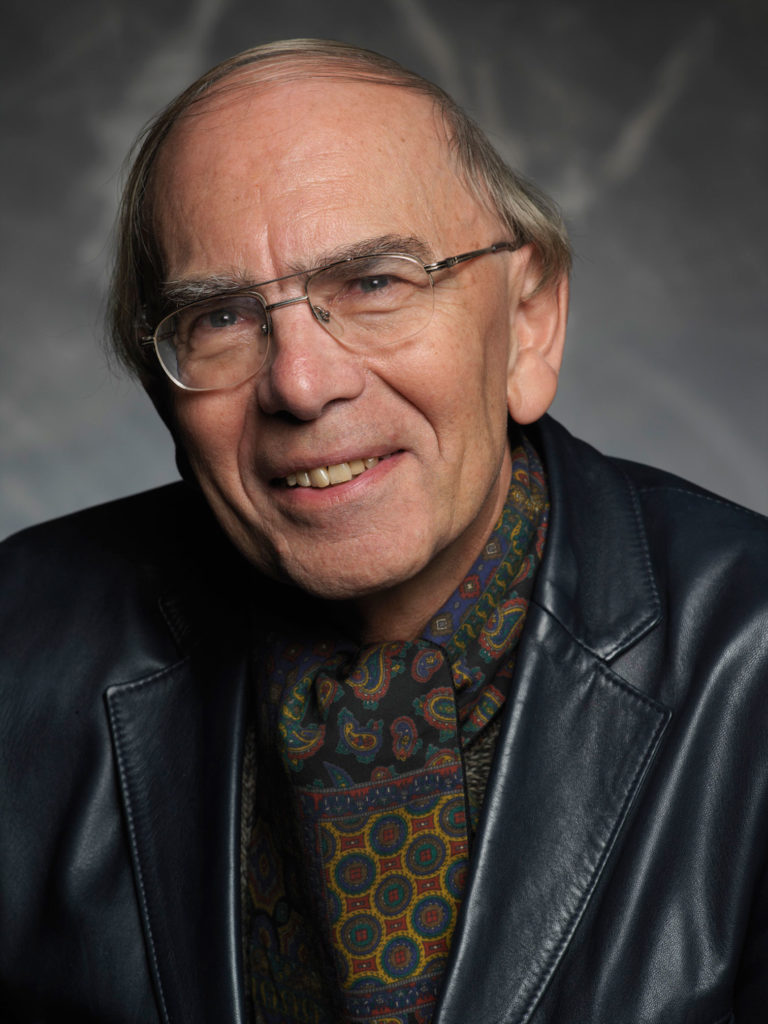Athens, Ga. – More than 150 psychologists and scholars from around the world are expected to attend the Seventh International Conference on the Dialogical Self, hosted by the University of Georgia College of Education at the UGA Hotel and Conference Center at the Georgia Center Oct. 25-28.
The concept of the dialogical self, based on the work of Dutch psychologist Hubert Hermans, is a growing development in psychology closely related to narrative psychology, constructivism and cultural psychology; however, the focus is on the multi-voiced self. According to the concept of the dialogical self, the individual self is social in origin and dialogical in function. The self reflects and appropriates the voices of society and significant others, and within the functioning of the self these voices in dialogue are considered.
Exploration of the dialogical self has a broad scope, including areas as far-reaching as literary science, brain research, empirical psychology and psychotherapy practice. It brings together different fields of psychology, such as personality, developmental, social and clinical psychology. Increasingly, educational researchers use the theory to make meaning of the complexity of classroom practice. Across these diverse fields, the concept of the dialogical self provides an interdisciplinary platform for innovative research, theory and practice.
Hermans, a professor emeritus of Radboud University of Nijmegen, developed internationally applied methods, among them the Self Confrontation Method and the Personal Position Repertoire method. The SCM led to the establishment of a professional association of 300 members. For his work, Hermans received a decoration of Knight in the Society of the Netherlands Lion. His ideas were used in the formation of the government in The Netherlands in 2006.
Keynote speakers for the conference are:
· Miguel Goncalves, a professor of psychology at the University of Minho in Portugal, is vice-president of the International Society of Dialogical Self and action editor of Psychotherapy Research. His research focuses on the narrative and dialogical processes in psychotherapy. He will deliver an address titled “Innovative Moments in Psychotherapy: From Narrative Products to Dialogical Processes” Oct. 25 at 2 p.m.
· Hermans, the creator of the dialogical self theory and one of the main theorists in the fields of narrative psychology and narrative psychotherapy, will deliver a keynote speech titled “Dialogical Self Theory: State of the Art” Oct. 26 at 9:50 a.m.
· Peter Raggatt, a senior lecturer at James Cook University in Townsville, Australia will deliver a keynote address Oct. 27 at 9:50 a.m.
· Jeffrey Arnett is a research professor in psychology at Clarke University in Worcester, Mass. He coined the term “emerging adulthood” and is the author of Emerging Adulthood: The Winding Road from the Late Teens through the Twenties (Oxford University Press). Arnett will deliver a keynote address titled “Culture, Development and the Dialogical Self, Variations in Voices and Volumes” Oct. 28 at 9:50 a.m.
All keynote speeches will be delivered in Mahler Auditorium of the Georgia Center.
Featured lecturers include:
· Vincent Hevern, professor and former chair of psychology–LeMoyne College
· John Rowan, Fellow of the British Psychological Society
· Henderikus Stam, University of Calgary
For more information, see www.coe.uga.edu/dialogicalself2012/.
A post-conference workshop on Dialogical Self Approach in Coaching, Training, Counseling and Education will be held on Oct. 29. The workshop, facilitated by Hermans, Agnieszka Hermans-Konopka and Ton Voogt also will be held at the Georgia Center. For more information, see www.coe.uga.edu/dialogicalself2012/program/post-conference-workshop/.
##
